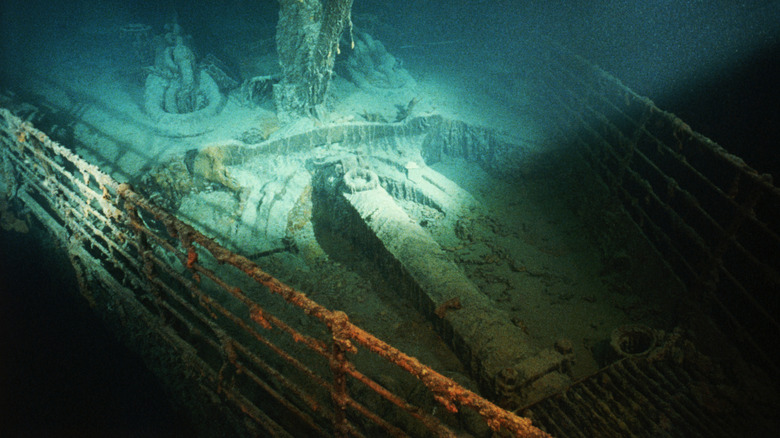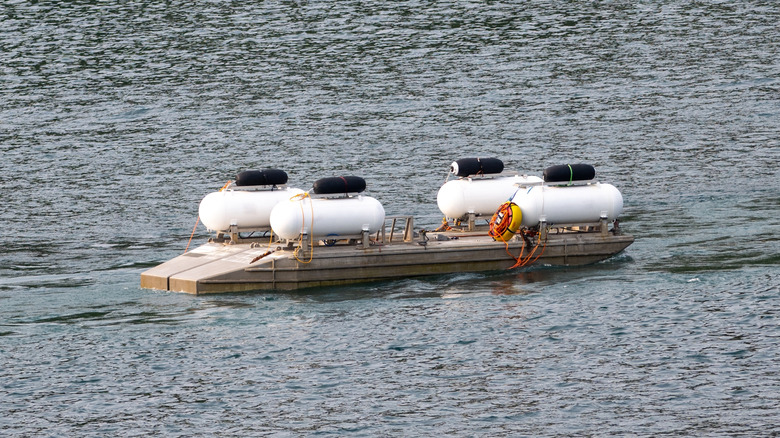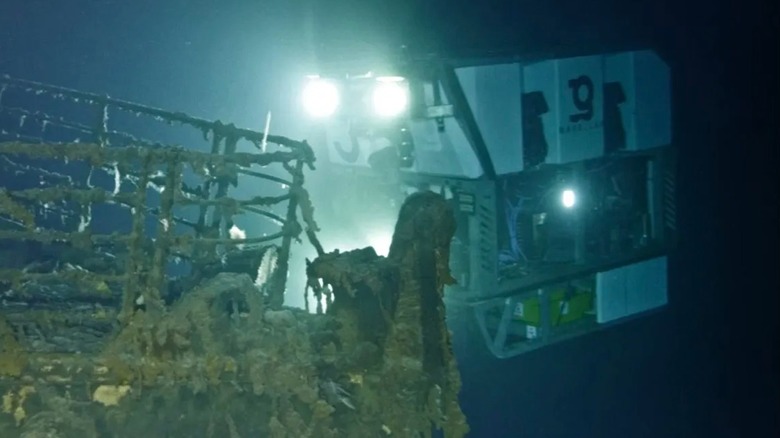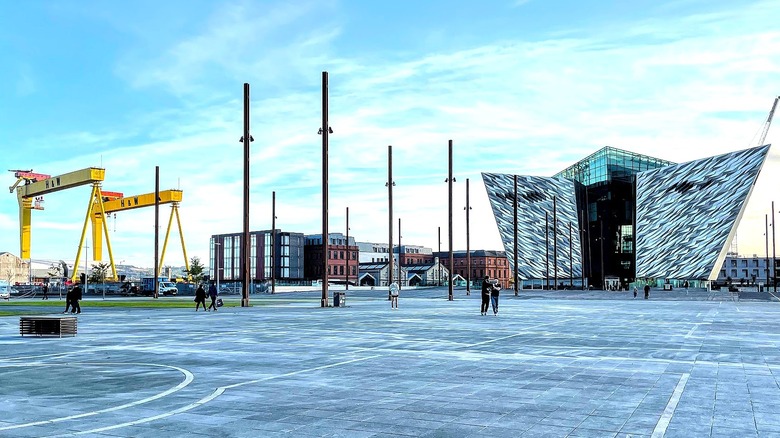Participating in dangerous activities as part of a trip to an epic destination is often called extreme tourism. Think summiting Mount Everest or whitewater rafting. Over the past few decades, extreme tourism has included deep sea exploration trips to the Titanic wreckage site. Even over 100 years later, people are fascinated by the sinking of the Titanic — how shipbuilders believed her to be unsinkable, yet an iceberg took her and around 1,500 passengers down to the bottom of the ocean.
Seeing the Titanic wreckage in person is expensive and risky. Given that it is the site of a major disaster and loss of life, visiting the wreckage is also a bit controversial. Fortunately, 3D scanning technology to create an accurate model of the legendary ship could be a safer and cheaper alternative. Yet the desire persists to explore something as otherworldly as a deep sea shipwreck, and to see Titanic at her pitch-black resting place. Such expeditions for civilians rather than just researchers (or “Titanic” director, James Cameron) have definitely made news headlines.
Titanic wreckage expeditions have turned deadly
In 2021, OceanGate Expeditions began taking civilians to the Titanic wreckage, initially for $125,000 per person and then $250,000 in 2023. Perhaps this air of exclusivity is part of the draw. However, psychologist Ellen Langer and luxury travel expert Peter Anderson told Business Insider that people who desire to visit Titanic or another extreme destination like outer space are simply seeking experiences that break up the mundanity of life. They want to live to the fullest.
When five people died during a 2023 OceanGate Titanic trip, the risks of deep sea exploration became the subject of global news. Prior to this, commercial building developer Fred Hagen was an OceanGate passenger on a Titanic expedition. When speaking to NewsNation, he insisted that those spending the money to see Titanic should not be called tourists. He says these people want to support deep sea research, which holds resources like lithium that can be used to power green energy solutions. He addressed the dangerous nature of the trips too. “Mankind would never have advanced if they didn’t accept risk,” he stated. Overall, not everyone is deterred by the 2023 OceanGate tragedy.
A new 3D virtual replica is furthering Titanic research
Titanic enthusiasts can visit museums in the U.S. and Europe
Humans are naturally intrigued by shocking, scary, and dangerous phenomena. Why else would there be so many true crime podcasts and disaster films in pop culture? When this factors into travel destinations around the world, it is called dark tourism. The Titanic disaster is like a gravesite for the passengers. While deep sea enthusiasts like Fred Hagen do not believe that civilians paying to visit Titanic is tourism, some argue that honoring the memories of the deceased passengers means not disturbing the fragile site with potentially damaging exploration. Such human activity disrupts the oceanic ecosystems as well.
Perhaps the Magellan Limited 3D model will persuade both Titanic and climate change researchers to move their expeditions elsewhere. Meanwhile, Titanic enthusiasts can visit plenty of museums on land, notably Titanic Belfast in Northern Ireland. This museum walks you through the Titanic’s entire timeline and directly behind it is the actual shipyard at which the ship was built. SeaCity Museum in Southampton, England, Titanic: The Artifact Exhibition in both Las Vegas and Orlando, and Titanic Museum Attraction in Branson, Missouri (a great destination for couples), also offer immersive experiences and display artifacts from the ship.





